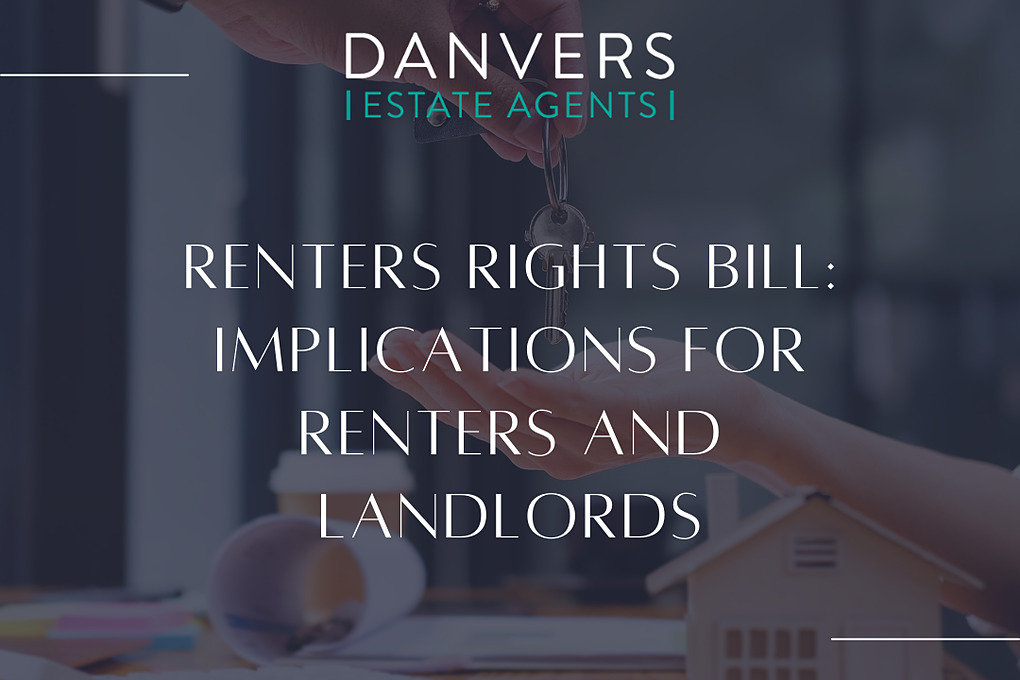The new Labour government has introduced the Renters Rights Bill. What does this mean for renters and landlords?
Rental Reform: A Renewed Focus
The new Government is pushing for rental reform through the rebranded Renters Rights Bill, which includes proposals that were in progress before the election.
Despite the common narrative of poor rental practices, most private renters report a satisfactory experience. A recent survey revealed that 85% of private renters were satisfied with their rental experience, and 86% were satisfied with their home's condition. However, there remains a notable minority living in poor conditions, highlighting the need for reforms to elevate rental standards while promoting investment in rental housing.
Addressing a Static Rental Market
The supply of social rented homes has been stagnant for over 20 years, pushing the private rented sector to cater to an increasing demand from those in need. Currently, a quarter of private renters are on low incomes and receive housing benefits.
Public Demand for Reforms
A pre-election survey with Ipsos indicated that controlling rent rises was the fourth priority for the new Government, while improving rights and protections for renters was the tenth. However, the top priority across the board was building more homes.
Key Provisions in the Renters Rights Bill
The bill targets rental practices in England, with some aspects applicable to Wales. Scotland and Wales have already implemented changes to enhance renters' rights and protections, so this bill focuses on improving England's rental sector.
Key proposals include ending 'no fault' evictions (Section 21), providing renters the right to challenge rent increases, and allowing tenants to request pets, with landlords permitted to request insurance for potential pet damage. However, the bill's approach to 'stopping bidding wars' remains unclear due to the current shortage of rental homes, with 15 people competing for each rental property.
Additional measures aim to enhance the quality of rented homes, such as a new rental property database and the introduction of a Decent Homes Standard for private rentals
Missing Elements in the Renters Rights Bill
The bill does not extend security of tenure to the levels seen in Scotland and Wales but is a step towards balancing the interests of landlords and renters. It also avoids rent control measures, which might deter investment in new housing supply. Instead, increasing the rental supply is deemed the most sustainable method to control rent increases.
Mandatory training for those involved in letting and managing properties, already undertaken by many agents, could be expanded market-wide.
Impact on Landlords
Landlords have faced increased taxation and regulation for years. Combined with higher mortgage rates, some landlords are choosing to sell their properties. While this doesn’t signify an exodus, those who view renting as a high-risk, low-reward venture are opting out.
Despite rising business costs, the underlying cash flow from renting remains strong. Landlords who treat renting as a business should not be overly concerned by these reforms.
Landlords should focus on acquiring properties in high-demand areas that are in good condition and have low maintenance costs to protect their rental income.
 Like
Like